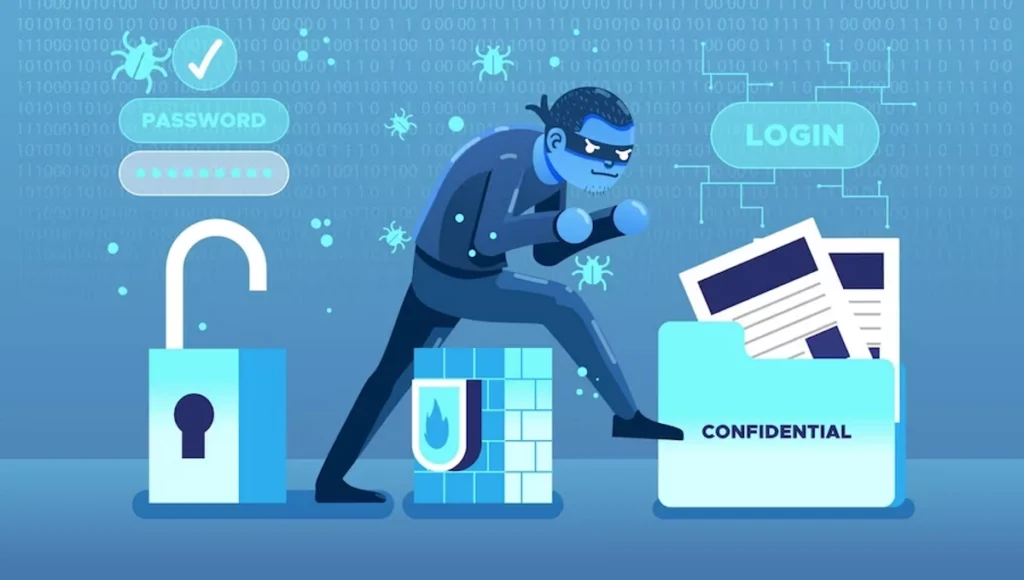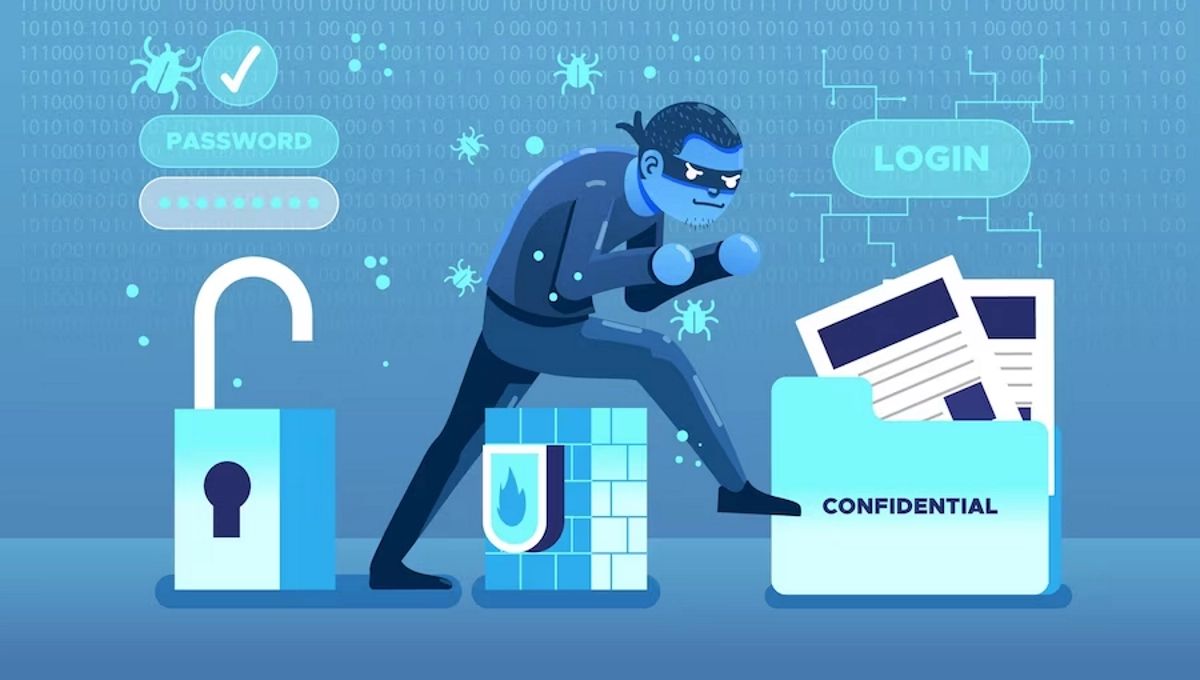A new report from cybersecurity firm Malwarebytes has found that most people get malware via email through attachments. The report, which analyzed data from over 1 million users, found that the most common types of files used to deliver malware are:

- Microsoft Office documents (.doc, .docx, .xls, .xlsx, .ppt, .pptx)
- PDF files
- Archive files (.zip, .rar)
- JavaScript files
Table of Contents
According to a recent study by McAfee, most people get malware via email through attachments or links. The study found that 67% of malware infections are caused by email attachments, while 23% are caused by clicking on links in emails.
The report also found that the most common methods used to trick users into opening infected attachments are:
- Phishing emails, which are emails that appear to be from a legitimate source, such as a bank or credit card company
- Social engineering emails, which are emails that are designed to exploit the user’s emotions, such as fear or greed
- Malware-infected websites, which are websites that have been compromised by hackers and are used to deliver malware
The report’s findings highlight the importance of being careful when opening attachments from unknown senders. If you are not sure if an attachment is safe, it is best to err on the side of caution and not open it.
Here are some tips for protecting yourself from malware:
- Do not open attachments from unknown senders.
- If you are not sure if an attachment is safe, scan it with a virus scanner before opening it.
- Keep your software up to date. Software updates often include security patches that can help protect you from malware.
- Be careful about what websites you visit and what links you click on.
- Use a firewall and antivirus software.
- Back up your data regularly. This way, if your computer is infected with malware, you can restore your data from a clean backup.
To protect yourself from malware infections, you should never open attachments from people you don’t know, and you should always scan attachments with a security software program before opening them. You should also be careful about the websites you visit, and you should never click on links in emails that you don’t trust.
If you think that you may have been infected with malware, you should immediately scan your computer with a security software program. You should also report the malware infection to the cybersecurity firm that created the security software program you used to scan your computer.
By following these tips, you can help protect yourself from malware and keep your computer safe.
Also, Read
- Urgent Notice: PDF File Attachments Found to Contain Dangerous Malware
- No More Regrets! Twitter Blue Subscribers Can Now Edit Tweets within 1 Hour – Find Out How
- iOS 17 to Bring Support for Offline Apple Maps
Don’t forget to support us by following us on Google News or Returning to the home page TopicsTalk
Join Telegram and WhatsApp for More updates
Follow us on social media






